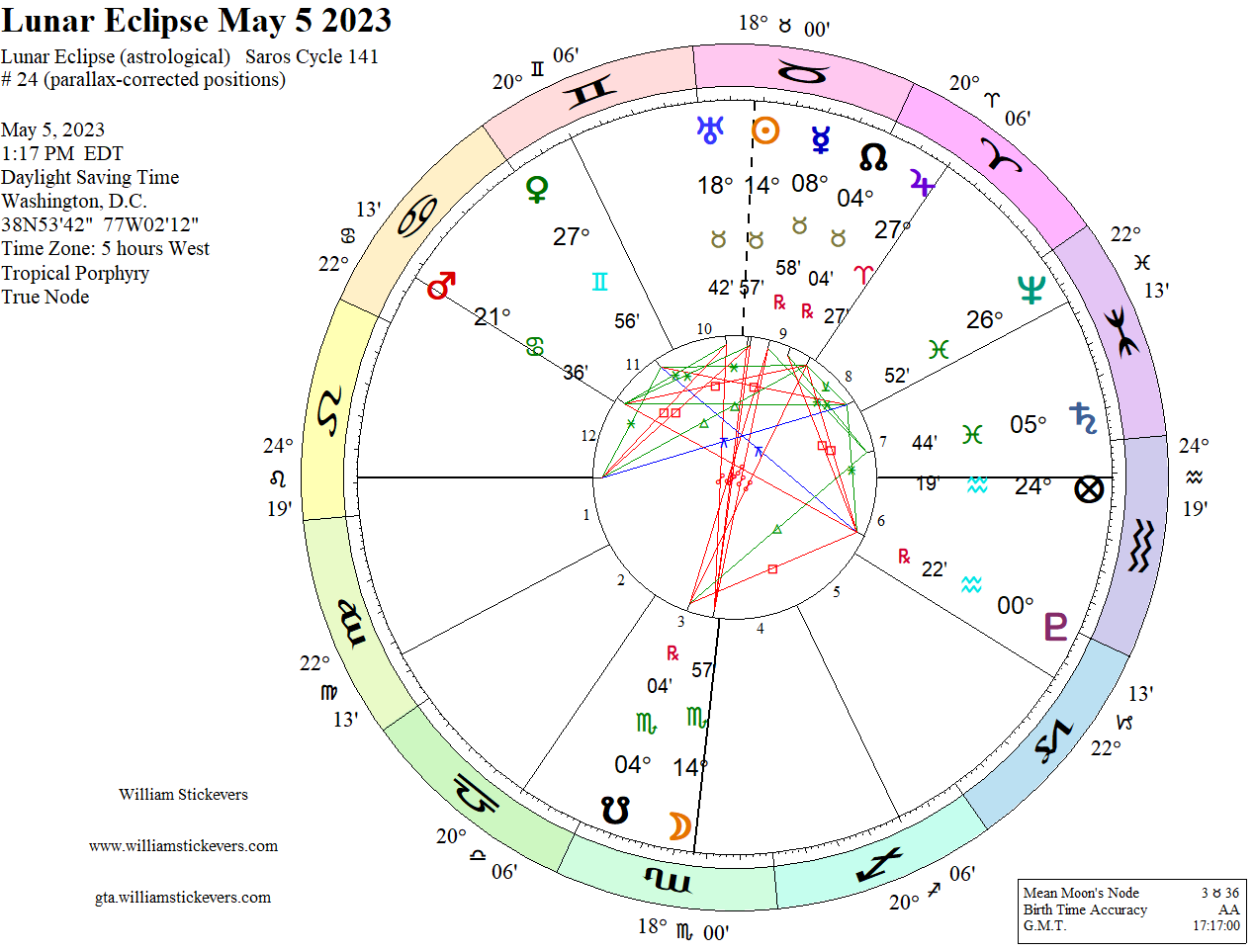Julius Caesar's assassination (March 15, 44 BCE): A lunar eclipse occurred on March 13, 44 BCE, two days before the assassination, which Romans believed was a bad omen.
Battle of Hastings (October 14, 1066): This decisive battle happened one day after a lunar eclipse on October 13, 1066, and was considered an omen by astrologers.
Battle of Waterloo (June 18, 1815): A lunar eclipse took place two days before this battle on June 16, 1815, which marked the end of the Napoleonic Wars.
California Gold Rush (January 24, 1848): A lunar eclipse occurred on January 27, 1848, three days after the discovery of gold at Sutter's Mill, sparking the Gold Rush.
U.S. Civil War begins (April 12, 1861): A lunar eclipse happened two days prior, on April 10, 1861, before the Confederate attack on Fort Sumter.
Abraham Lincoln's assassination (April 14, 1865): Lincoln was assassinated three days before a lunar eclipse on April 17, 1865.
Titanic sinking (April 15, 1912): The Titanic sank after hitting an iceberg, and a lunar eclipse occurred three days prior, on April 12, 1912.
Archduke Franz Ferdinand's assassination (June 28, 1914): This event triggered World War I, and a lunar eclipse occurred three days before, on June 25, 1914.
Atomic bombing of Hiroshima (August 6, 1945): The U.S. dropped an atomic bomb on Hiroshima, with a lunar eclipse taking place two days prior, on August 4, 1945.
Apollo 11 Moon Landing (July 20, 1969): The lunar eclipse on July 18, 1969, preceded the successful moon landing by two days.
Fall of the Berlin Wall (November 9, 1989): A lunar eclipse occurred on November 7, 1989, two days before the fall of the wall.
9/11 Terrorist Attacks (September 11, 2001): A lunar eclipse took place three days prior, on September 8, 2001.
COVID-19 Pandemic (declared on March 11, 2020): A lunar eclipse occurred three days after the pandemic declaration, on March 14, 2020.
original post from @wstickevers, twitter
Battle of Hastings (October 14, 1066): This decisive battle happened one day after a lunar eclipse on October 13, 1066, and was considered an omen by astrologers.
Battle of Waterloo (June 18, 1815): A lunar eclipse took place two days before this battle on June 16, 1815, which marked the end of the Napoleonic Wars.
California Gold Rush (January 24, 1848): A lunar eclipse occurred on January 27, 1848, three days after the discovery of gold at Sutter's Mill, sparking the Gold Rush.
U.S. Civil War begins (April 12, 1861): A lunar eclipse happened two days prior, on April 10, 1861, before the Confederate attack on Fort Sumter.
Abraham Lincoln's assassination (April 14, 1865): Lincoln was assassinated three days before a lunar eclipse on April 17, 1865.
Titanic sinking (April 15, 1912): The Titanic sank after hitting an iceberg, and a lunar eclipse occurred three days prior, on April 12, 1912.
Archduke Franz Ferdinand's assassination (June 28, 1914): This event triggered World War I, and a lunar eclipse occurred three days before, on June 25, 1914.
Atomic bombing of Hiroshima (August 6, 1945): The U.S. dropped an atomic bomb on Hiroshima, with a lunar eclipse taking place two days prior, on August 4, 1945.
Apollo 11 Moon Landing (July 20, 1969): The lunar eclipse on July 18, 1969, preceded the successful moon landing by two days.
Fall of the Berlin Wall (November 9, 1989): A lunar eclipse occurred on November 7, 1989, two days before the fall of the wall.
9/11 Terrorist Attacks (September 11, 2001): A lunar eclipse took place three days prior, on September 8, 2001.
COVID-19 Pandemic (declared on March 11, 2020): A lunar eclipse occurred three days after the pandemic declaration, on March 14, 2020.
original post from @wstickevers, twitter
Julius Caesar's assassination (March 15, 44 BCE): A lunar eclipse occurred on March 13, 44 BCE, two days before the assassination, which Romans believed was a bad omen.
Battle of Hastings (October 14, 1066): This decisive battle happened one day after a lunar eclipse on October 13, 1066, and was considered an omen by astrologers.
Battle of Waterloo (June 18, 1815): A lunar eclipse took place two days before this battle on June 16, 1815, which marked the end of the Napoleonic Wars.
California Gold Rush (January 24, 1848): A lunar eclipse occurred on January 27, 1848, three days after the discovery of gold at Sutter's Mill, sparking the Gold Rush.
U.S. Civil War begins (April 12, 1861): A lunar eclipse happened two days prior, on April 10, 1861, before the Confederate attack on Fort Sumter.
Abraham Lincoln's assassination (April 14, 1865): Lincoln was assassinated three days before a lunar eclipse on April 17, 1865.
Titanic sinking (April 15, 1912): The Titanic sank after hitting an iceberg, and a lunar eclipse occurred three days prior, on April 12, 1912.
Archduke Franz Ferdinand's assassination (June 28, 1914): This event triggered World War I, and a lunar eclipse occurred three days before, on June 25, 1914.
Atomic bombing of Hiroshima (August 6, 1945): The U.S. dropped an atomic bomb on Hiroshima, with a lunar eclipse taking place two days prior, on August 4, 1945.
Apollo 11 Moon Landing (July 20, 1969): The lunar eclipse on July 18, 1969, preceded the successful moon landing by two days.
Fall of the Berlin Wall (November 9, 1989): A lunar eclipse occurred on November 7, 1989, two days before the fall of the wall.
9/11 Terrorist Attacks (September 11, 2001): A lunar eclipse took place three days prior, on September 8, 2001.
COVID-19 Pandemic (declared on March 11, 2020): A lunar eclipse occurred three days after the pandemic declaration, on March 14, 2020.
original post from @wstickevers, twitter
0 Comments
0 Shares
4521 Views


